10 Symptoms of Stomach Cancer You Should Know
Stomach cancer, also known as gastric cancer, is a disease that affects the stomach lining. It can be difficult to detect in its early stages, as symptoms may be mild or nonexistent. However, as the cancer progresses, various symptoms may become more apparent. This article will discuss 10 symptoms of stomach cancer that you should be aware of.
Abdominal Pain or Discomfort
One of the most common symptoms of stomach cancer is abdominal pain or discomfort. This can range from a mild, nagging ache to a sharp, stabbing pain. The pain may be localized to the upper abdomen or may be more generalized throughout the stomach area[[1]].

Advertisement
Indigestion or Heartburn
Indigestion or heartburn is another common symptom of stomach cancer. This may be experienced as a burning sensation in the chest or upper abdomen, often after eating. While occasional indigestion or heartburn is normal, persistent or worsening symptoms may be a sign of a more serious issue, such as stomach cancer[[2]].
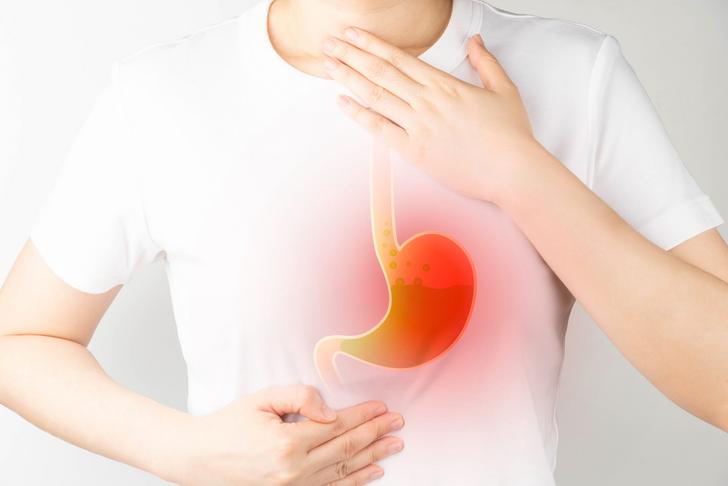
Advertisement
Loss of Appetite
A loss of appetite may be an early sign of stomach cancer. This can be due to the cancer causing changes in the stomach’s ability to process food, or it may be a result of the body’s response to the presence of cancer cells[[1]].
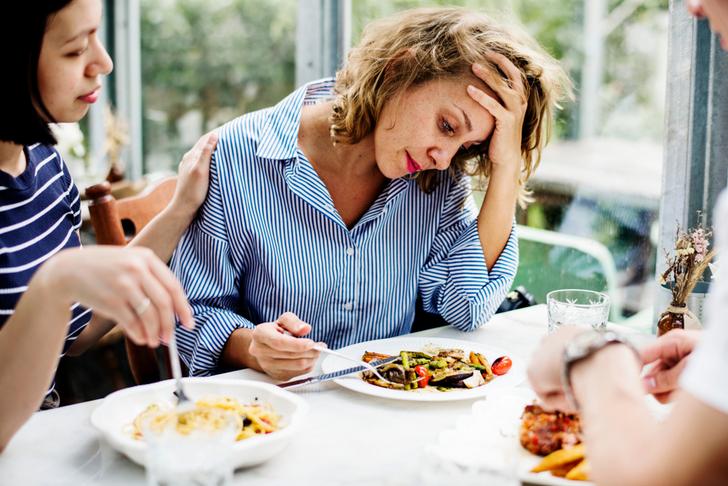
Advertisement
Unintentional Weight Loss
Unintentional weight loss is often a symptom of stomach cancer. This can be due to a combination of factors, including a loss of appetite, difficulty swallowing, and changes in the way the body processes food[[1]].
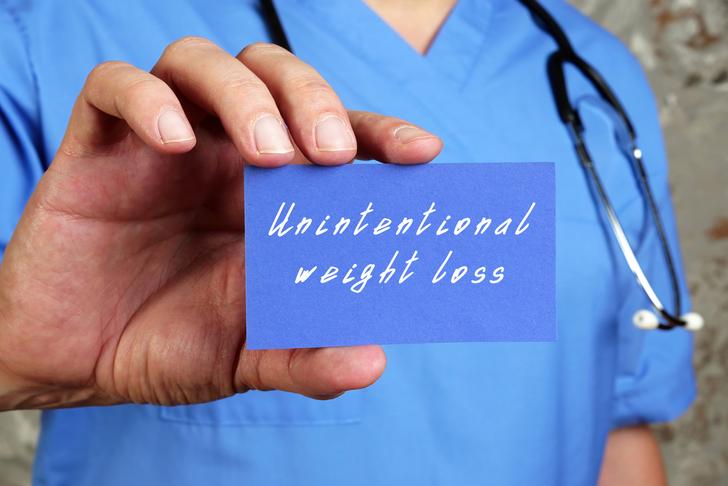
Advertisement
Nausea and Vomiting
Nausea and vomiting can be symptoms of stomach cancer, particularly if they are persistent or worsen over time. In some cases, vomiting may contain blood, which can appear as a dark, coffee-ground-like substance[[2]].
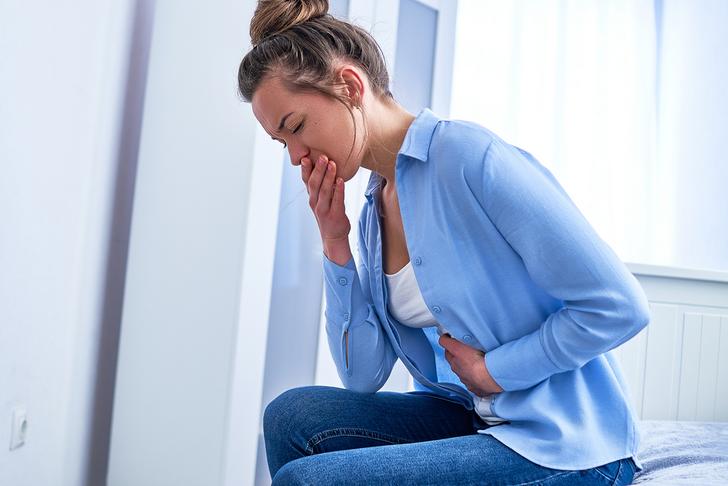
Advertisement
Difficulty Swallowing
Difficulty swallowing, also known as dysphagia, can be a symptom of stomach cancer. This may be due to the cancer causing a narrowing of the esophagus or the presence of a tumor in the stomach[[1]].
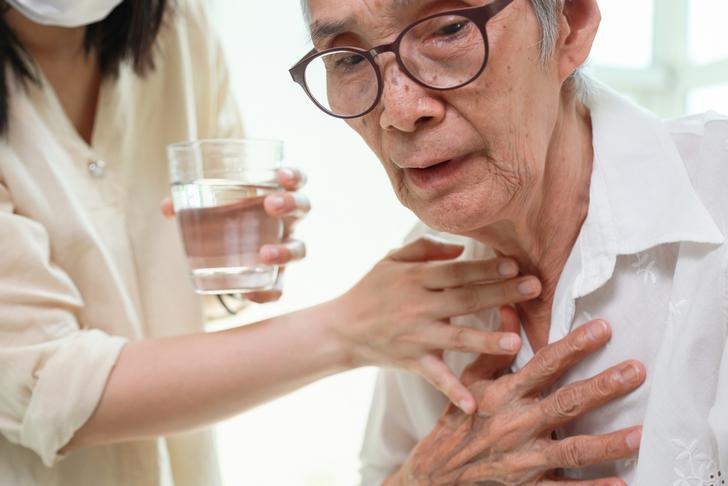
Advertisement
Feeling Full After Eating Small Amounts
Feeling full after eating small amounts of food, also known as early satiety, can be a symptom of stomach cancer. This may be due to the cancer causing changes in the stomach’s ability to expand and accommodate food[[2]].
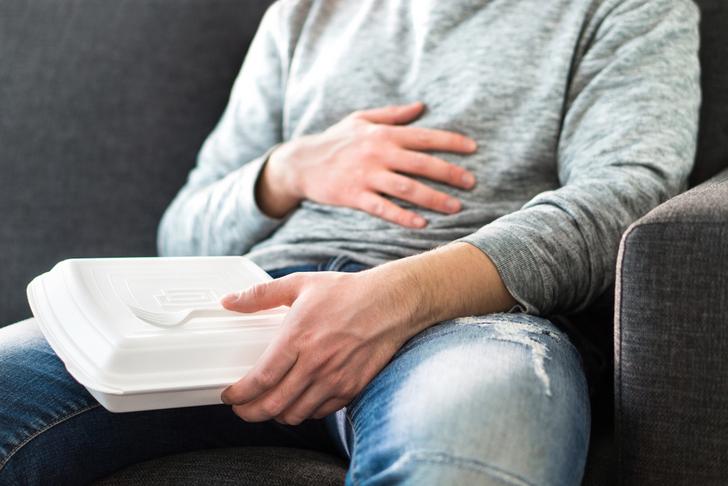
Advertisement
Fatigue
Fatigue, or a persistent feeling of tiredness and lack of energy, can be a symptom of stomach cancer. This may be due to the body’s response to the presence of cancer cells, or it may be a result of anemia caused by blood loss from the cancer[[1]].

Advertisement
Anemia
Anemia, or a low red blood cell count, can be a symptom of stomach cancer. This may be due to blood loss from the cancer or the body’s inability to produce enough red blood cells to compensate for the loss[[3]].
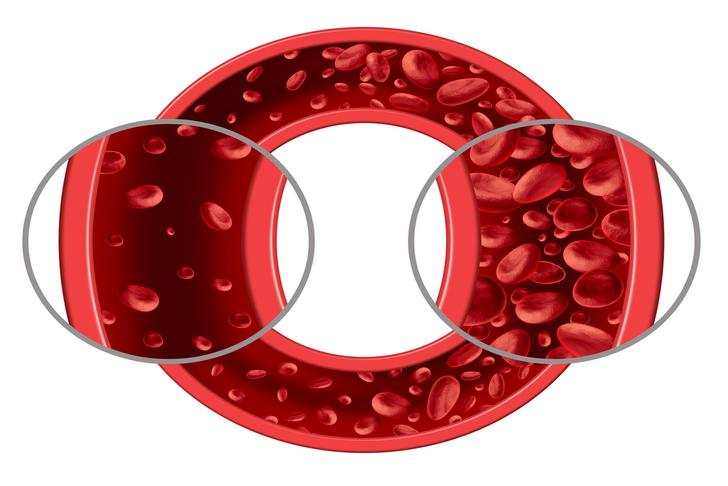
Advertisement
Swelling or Fluid Buildup in the Abdomen
Swelling or fluid buildup in the abdomen, also known as ascites, can be a symptom of advanced stomach cancer. This may be due to the cancer causing blockages in the lymphatic system or the liver, leading to a buildup of fluid in the abdominal cavity[[2]].
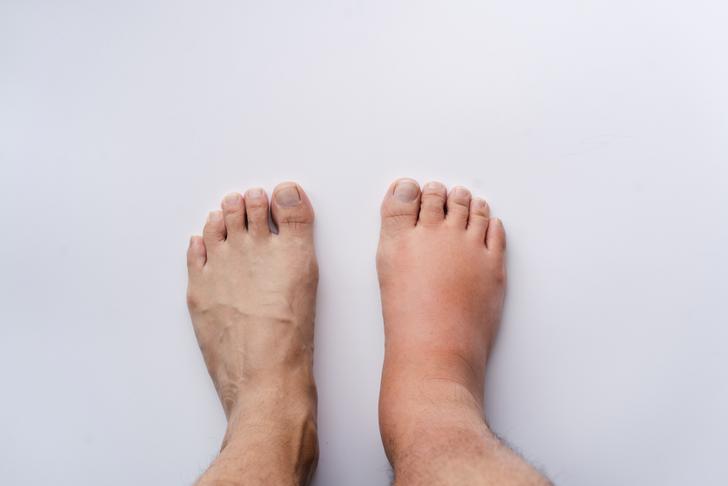
Advertisement
Conclusion
In conclusion, it is important to be aware of these symptoms of stomach cancer, as early detection can significantly improve treatment outcomes. If you are experiencing any of these symptoms, it is crucial to consult with a healthcare professional for further evaluation and potential diagnosis.
It’s essential to be aware that many of the symptoms mentioned above can also be associated with non-cancerous conditions, such as gastritis, peptic ulcers, or irritable bowel syndrome (IBS). However, it’s always better to err on the side of caution and consult a healthcare professional if you’re experiencing recurring or worsening symptoms. Remember that early detection is vital to better treatment outcomes and recovery.
It is also important to note that diagnostic tests can help differentiate between stomach cancer and other gastric conditions. These tests may include blood tests, imaging studies such as CT scans or endoscopies, biopsies, and other relevant evaluations. Depending on the results, your healthcare professional will recommend an appropriate treatment plan tailored to your needs.
Treatments for stomach cancer vary depending on the stage and severity of the disease. Some common options include surgery, radiation therapy, chemotherapy, targeted drug therapy, and immunotherapy. Less invasive treatments, like endoscopic mucosal resection or endoscopic submucosal dissection, can be employed for some early-stage stomach cancers. It’s essential to discuss your treatment options and potential side effects with your healthcare team thoroughly, weighing the benefits and risks of each approach.
In addition to medical treatment for stomach cancer, some lifestyle changes and dietary habits may help manage symptoms and promote overall well-being. A well-balanced diet, rich in fruits, vegetables, whole grains, lean proteins, and healthy fats, can support the body during and after cancer treatment. Limiting processed foods and sugars, as well as avoiding excessive alcohol and tobacco use, can also contribute to better health.
Regular exercise and stress management techniques, like practicing mindfulness, yoga, or engaging in leisure activities, can help improve mental and emotional well-being during cancer treatment. Maintaining a strong support system and communicating with your healthcare team, friends, and family is crucial to ensure your needs are met during this difficult time.
In summary, it’s vital to be aware of the potential symptoms of stomach cancer and seek prompt medical attention if you suspect there’s an underlying issue. Educate yourself about the diagnostic tests, treatment options, and lifestyle changes that can lead to better outcomes and improve overall quality of life during and after treatment.
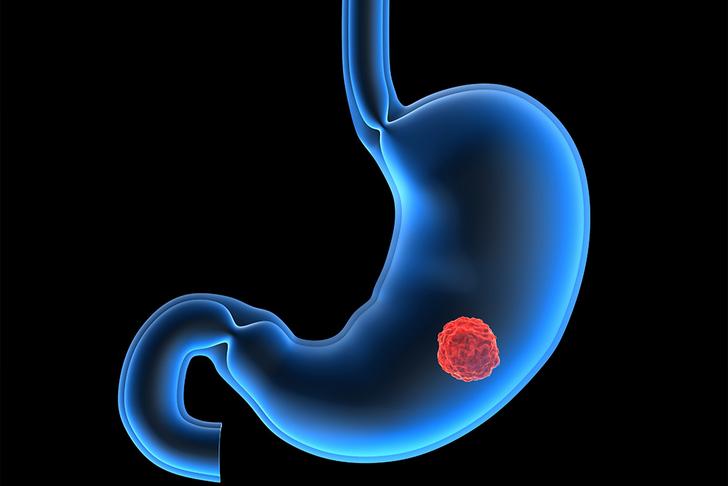
Advertisement





